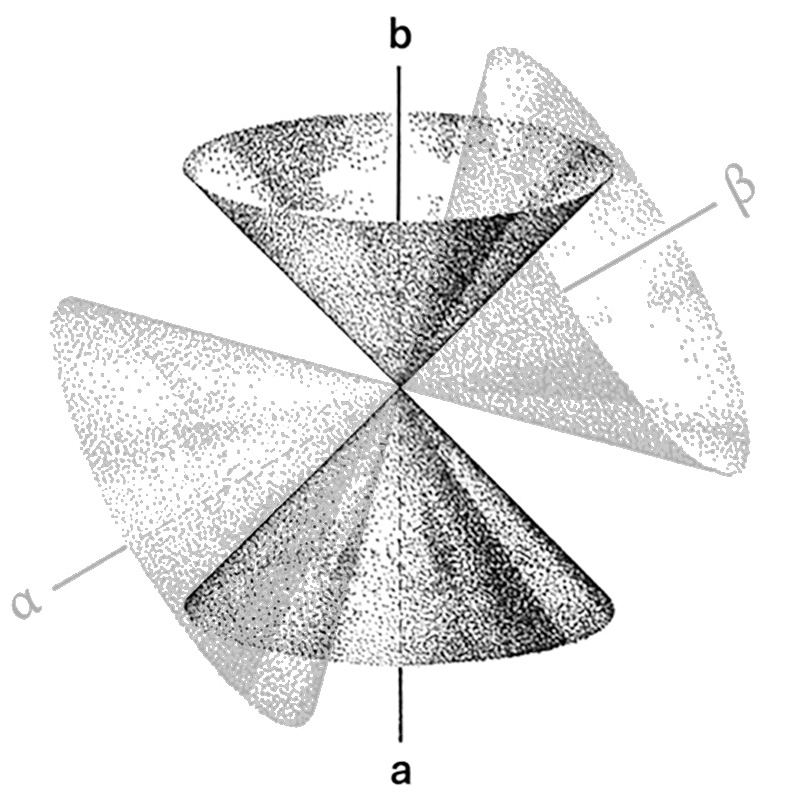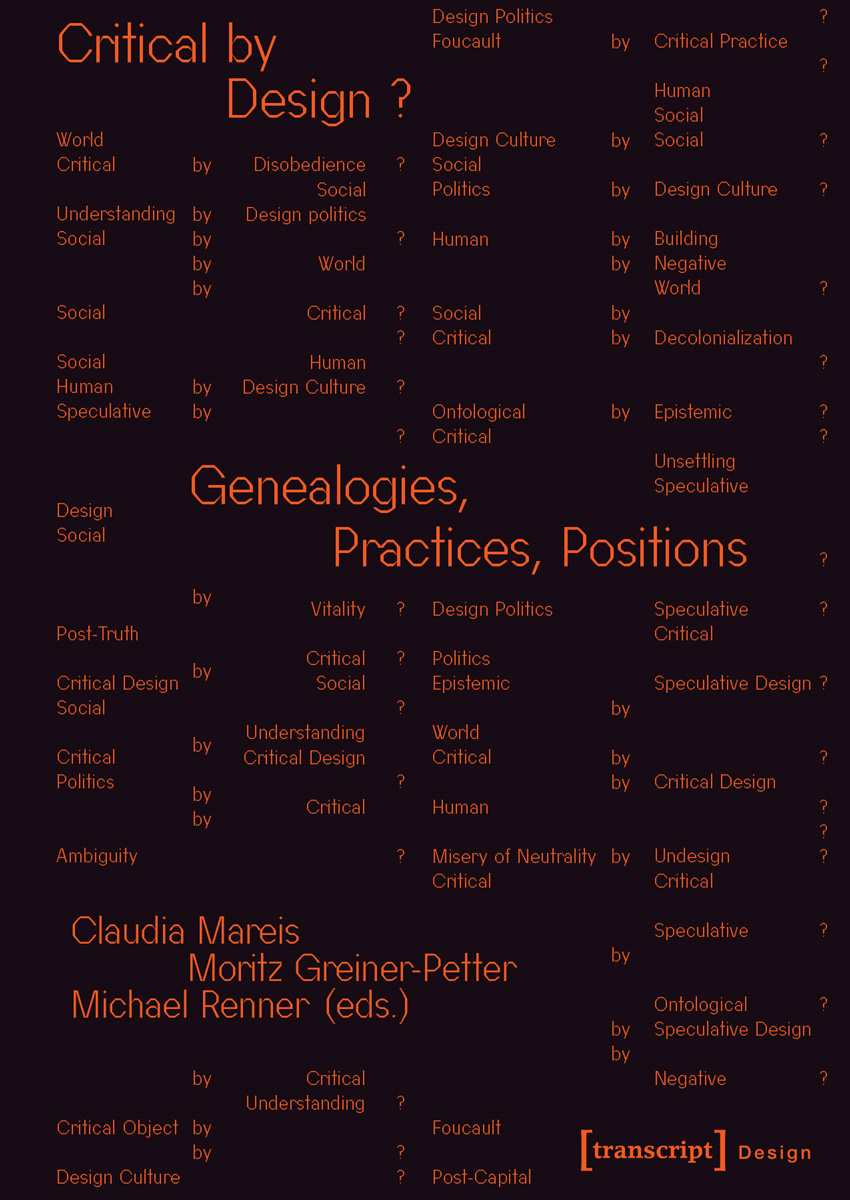The design research project analyses and extends understandings of how critical and speculative design artefacts such as prototypes and scenario stagings contribute to the critique and transformation of established value paradigms in contemporary and future technology development. It attempts to historically assess and further develop design approaches that aim at rendering alternative socio-technological narratives visible and experienceable by the means of material artefacts and their discursive effects.
The project consists of two sub-projects:
- Ludwig Zeller puts speculative design artefacts in a trajectory to the ‘scenario method’ that originated in the emerging, global and interdisciplinary demand for planning, creativity and imagination since World War II. His research investigates how Speculative and Critical Design began to use the industrialised material cultures of western societies as a ‘post-linguistic’ medium for critical, moral and fictional exchange. Informed by a historical and contemporary overview of future studies, postmodern fiction theory as well as discourse studies, the sub-project discusses to what extent speculative and critical artefacts can contribute to the democratisation of innovation processes and decision making within the ‘digitization narrative’ of contemporary capitalism.
- Moritz Greiner-Petter, in his sub project, examines reflective design approaches in the context of interface design and human-machine interaction. The critical and speculative design of interfaces and interaction modalities is probed as a method to scrutinize aspects of the mediality and materiality of digital media. A focus is on the notion of ambiguity as it arises between the poles of formalization and representation, structure and openness as well as appropriation and use.
criticalbydesign.ch
The project was concluded with the international and interdisciplinary research conference Critical By Design? Potentials and Limitations of Materialized Critique in May 2018.

